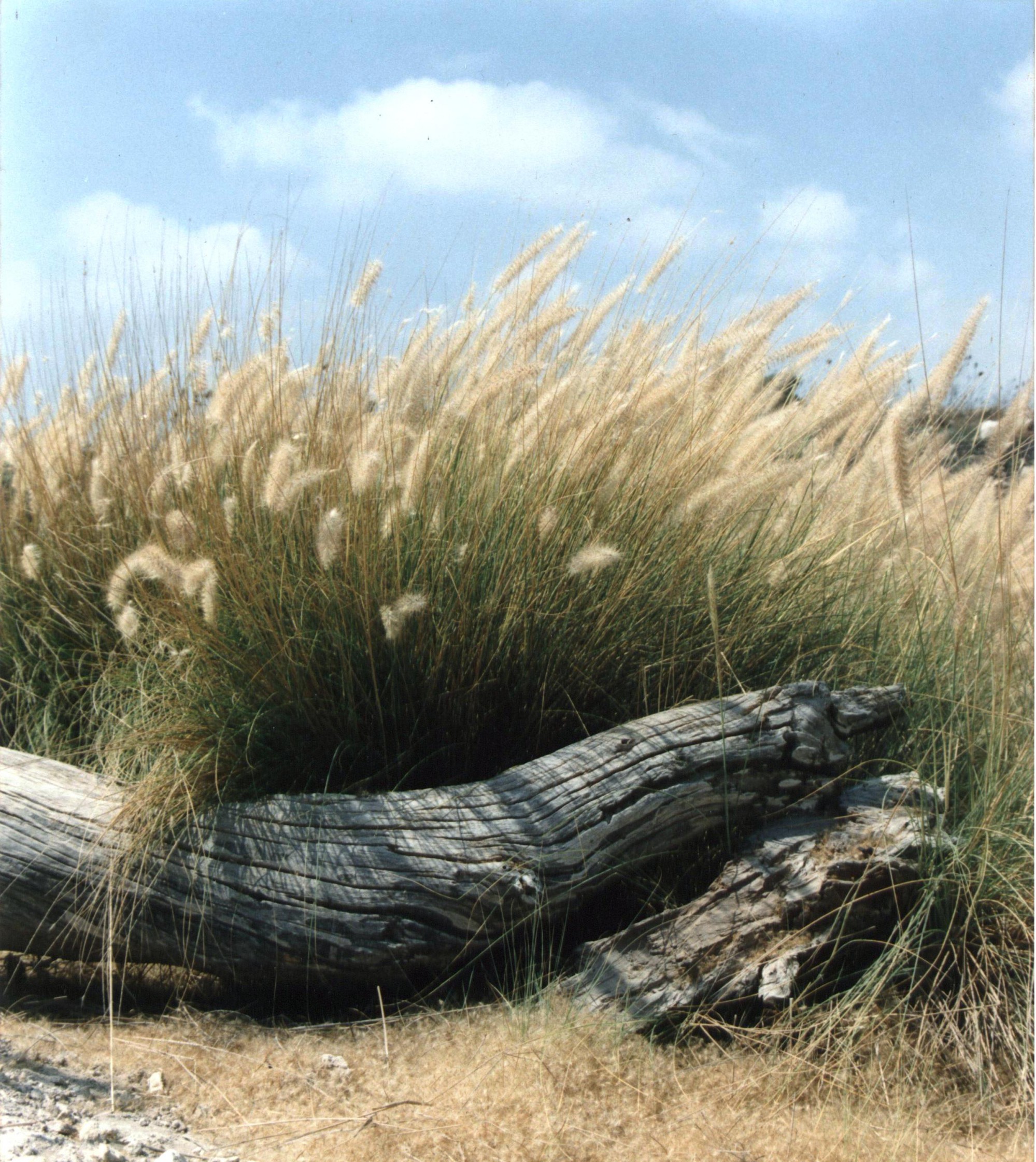Lord, God of my rescue, by day I cried out, by night, in you presence. May my prayer come before you. Incline your ear to my song. For I am sated with evils and my life reached the brink of Sheol..
You put me in the nethermost pit, in darkness, in the depths. Your wrath lay hard upon me, and all your breakers you inflicted… My eyes ache from affliction. I called on you, Lord, every day. I stretched out to you my palms..
As for me – to you, Lord, I shouted, and in the morn my prayer would greet you. Why, Lord, do you abandon my life, do you hide your face from me?
(Ps 88.1-3,7,8,10, 14&15)
I know someone who describes their existence since the experience of early widowhood as being like ‘life in black and white’. She is one of the most godly women I have ever known, and her life as a widow has been full of service to others and relative peace and contentment. And yet… all the colour and joy has gone.
Are you mourning today? The death of a spouse, the death of a sibling, the death of a child? The passing of a parent, or a close friend? The loss of health and autonomy? The loss of satisfying employment or a precious relationship? The loss of a dream? The loss of hope for reconciliation and renewal? What do we do when life seems to be ripped apart by loss, when the reality of our fragile hold on health, well-being and life itself has been forcibly demonstrated and we are weak with grief, dazed with loss, stunned into dumb agony?
Our culture shies away from recognising the incredibly limited control we actually have over our lives, so that it is easy to be lulled into a false sense of security, and any experience of loss becomes un-natural and outrageous.
Dear friend, loss is not only natural but inevitable in our fallen world. The question is not will it come, but rather, how must I prepare myself to respond to it? What does my God require of me, his all-too-frail creature, that I might rightly glorify him and be sustained through this experience. What do I do with my pain?
The topic is far too significant to be addressed in one short conversation, but today I would point you to saints who have shown the way for us, leaving words that we can use, and wisdom that we can learn from. First in this great hymn..
Jesus, lover of my soul, let me to thy bosom fly, while the nearer waters roll, while the tempest still is high.
Hide me, O my Saviour, hide, till the storm of life is past; safe into the haven guide;
Oh, receive my soul at last.Other refuge have I none, hangs my helpless soul on thee; Leave, ah! leave me not alone, still support and comfort me.
All my trust on thee is stayed, all my help from thee I bring; cover my defenceless head with the shadow of thy wing.Wilt Thou not regard my call? Wilt thou not accept my prayer? Lo! I sink, I faint, I fall—
Lo! on thee I cast my care.
Reach me out thy gracious hand! While I of thy strength receive, hoping against hope I stand, dying, and behold, I live.(Charles Wesley: 1707-1788)
Wesley invites us to ditch our pride and all pretence of competence – fling yourself upon the Lord, plead recklessly and constantly for his aid in full confidence that he will supply your need.
Then Elisabeth Elliott – twice widowed and thus purified through extreme suffering – says this: offer up your pain to God, to do with it as he will. Make it your offering to him and then give thanks that he can – and will – work in it for your blessing and his glory. For her, widowhood became ‘ a gift, a call and a vocation, not merely a condition to be endured’. Having received it from the Lord, she then offered it up for his use, and chose acceptance and trust. (Eliott, E. The Path of Loneliness, 1988)
None of this takes away pain; it doesn’t replace what is gone: but it may transform our thinking and attitude to the losses which we will inevitably experience. The missionary Amy Carmichael learnt this lesson over many years of suffering, and pressing hard to bring it to God in the darkness of grief. Her poem ‘Nothing in the house’, is a meditation on knowing God in the midst of it. May it speak comfort and encouragement to you today.
Thy servant Lord, hath nothing in the house, not even one small pot of common oil;
For he who never cometh but to spoil hath raided my poor house again, again,
That ruthless strong man armed, whom men call Pain.
I thought that I had courage in the house, and patience to be quiet and endure,
And sometimes happy songs; now I am sure thy servant truly hath not anything,
And see my song-bird hath a broken wing.
My servant, I have come into the house – I who know Pain’s extremity so well
That there never can be the need to tell His power to make the flesh and spirit quail:
Have I not felt the scourge, the thorn, the nail?
And I, his conqueror, am in the house, Let not your heart be troubled: do not fear:
Why shouldest thou, child of mine, if I am here? My touch will heal thy song-bird’s broken wing, and he shall have a braver song to sing.
(Amy Carmichael : 1867-1951)




